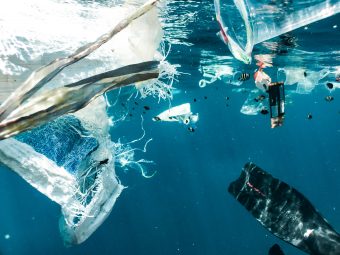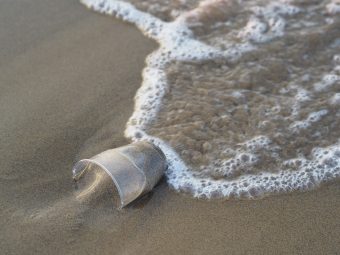
The UN Environment Programme (UNEP) and the European Investment Bank (EIB) launched the Global Environment Facility (GEF) Mediterranean Pollution Hot Spots Technical Assistance initiative, which aims to reduce pollution in the Mediterranean marine and coastal environment.
As part of the USD 5 million Hot Spots Pollution project, the initiative aims to promote adequate and sound water, wastewater, solid waste and industrial emissions management in the Southern Mediterranean region, thereby reducing health risks and enhancing access to safe drinking water and sanitation services.
The initiative was launched on the sidelines of the UN Oceans Conference in Lisbon by Vice President of the EIB, Ricardo Mourinho Félix, and Susan Gardner, Director of UNEP’s Ecosystems Division. The two agreed to support preparation of priority investment projects to reduce pollution in the marine and coastal environments of the three Southern Mediterranean countries, namely Egypt, Lebanon and Tunisia.
More:
“Untreated discharges of wastewater represent a major problem for Mediterranean ecosystems and the health of the population living in the region. Many large coastal cities still lack a wastewater treatment system, and many existing systems are based on outdated and inefficient technologies,” said Susan Gardner. “This joint GEF-EIB-UNEP project will pool resources to decrease pollution and improve the marine ecosystems and the health of people living in the Mediterranean region.”
According to the 2021 State of Finance for Nature report, in order for the world to meet its climate change, biodiversity and land degradation targets, a total of USD 8.1 trillion is required between now and 2050. The Technical Assistance initiative is a step forward toward bridging this gap.
The Mediterranean Basin is one of the most highly valued seas in the world. The region comprises a vast set of coastal and marine ecosystems that deliver valuable benefits to all its 250 million coastal inhabitants. But the Mediterranean Sea is facing multiple pressures caused by human activities, including chemical contamination, eutrophication, pollution by marine litter and over-exploitation.

The technical assistance provided under the Mediterranean Hot Spots Investment Programme (MeHSIP) will be geared towards helping promoters accelerate the preparation of financeable projects in the water and environment sectors that will tackle these pressures.
Ricardo Mourinho Felix, Vice-President of the European Investment Bank said: “The state of the Mediterranean Sea is crucial for biodiversity conservation, the availability of clean water resources and to sustain jobs that rely on it. The EIB is one of the largest lenders to the global water sector. I am pleased to intensify our long-standing cooperation with UNEP to support the depollution of the Mediterranean. It will contribute to the objectives of the Clean Ocean Initiative set up to improve the health of the oceans globally.”
The USD 5 million Mediterranean Pollution Hot Spots Investment Project is one of the, USD 42 million, GEF-funded MedProgramme’s child projects implemented by UNEP Mediterranean Action Plan – Barcelona Convention.
The launch of the Technical Assistance initiative marks progress toward realising commitments taken at the 22nd Meeting of the Contracting Parties (COP 22) to the Barcelona Convention and its Protocols on regional prevention and pollution reduction measures from wastewater treatment plants.
Source: UNEP



